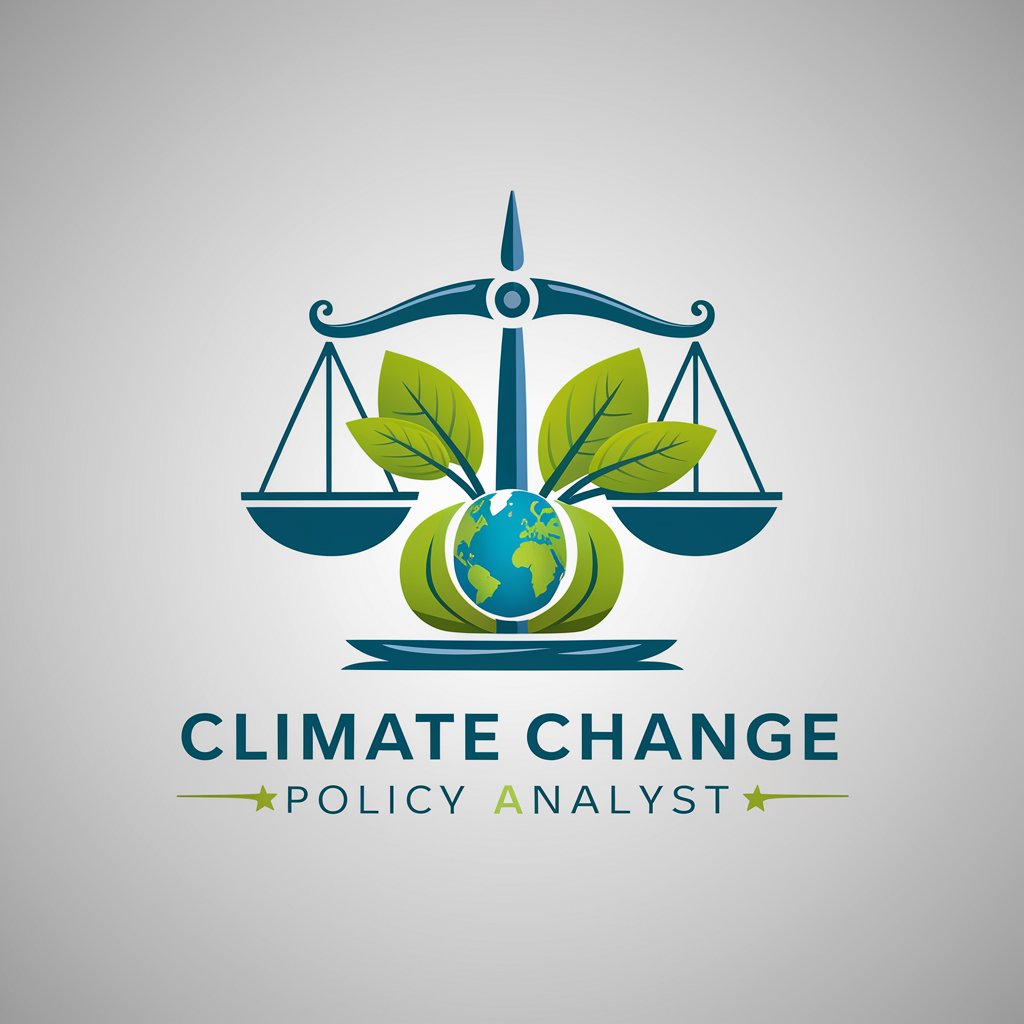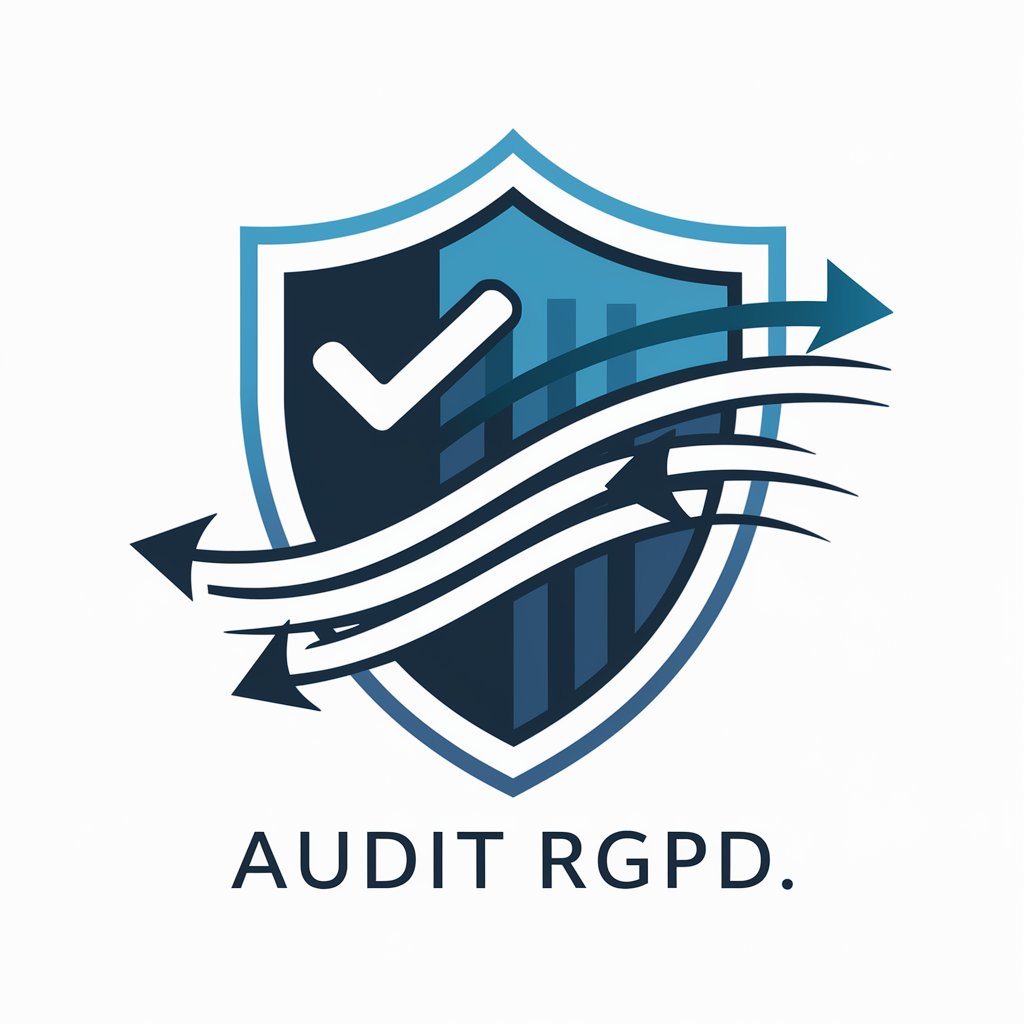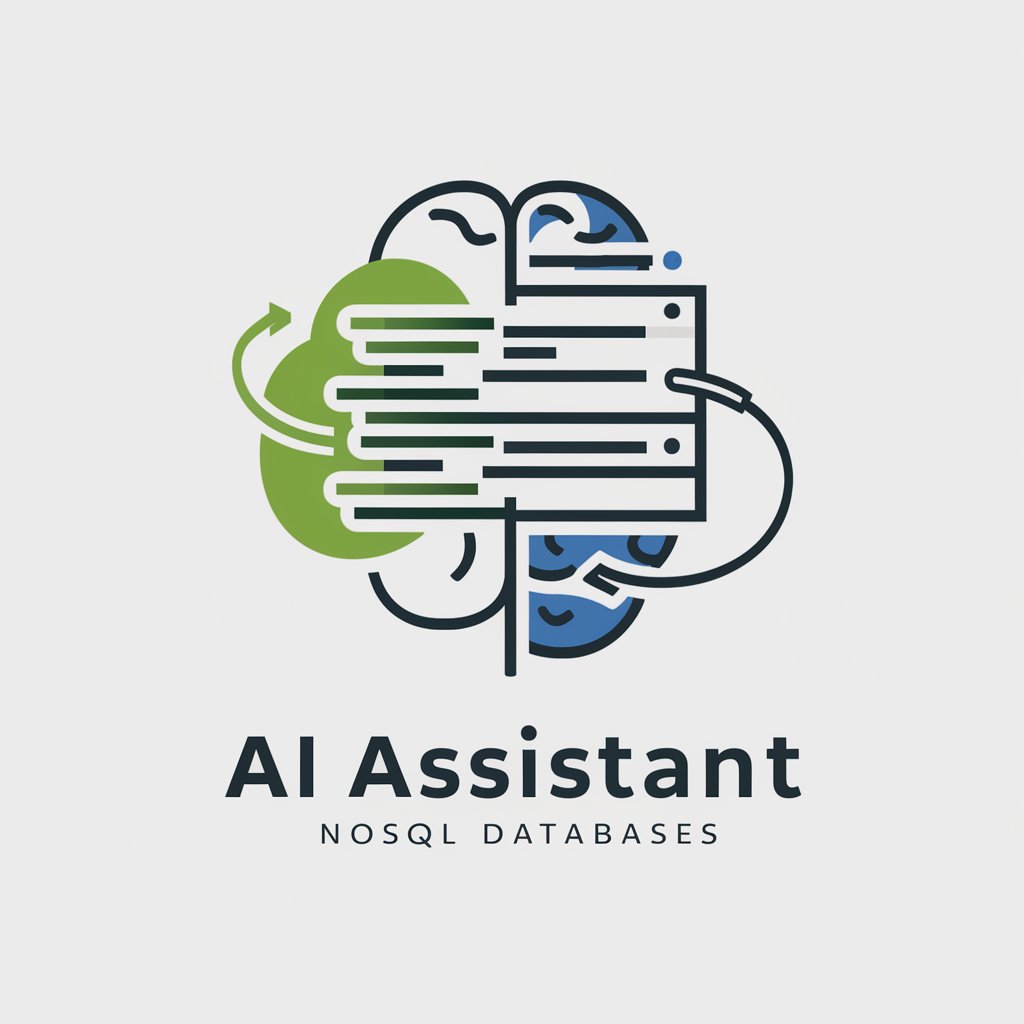Climate Change Policy Analyst - Climate Policy Insight

Welcome! Let's dive into climate policies and solutions together.
Empowering climate action with AI
Explain the potential impacts of the latest climate policy implemented in [country].
What are the most effective community-level actions for mitigating climate change?
How can individuals reduce their carbon footprint through daily habits?
Analyze the effectiveness of carbon pricing as a climate change mitigation strategy.
Get Embed Code
Climate Change Policy Analyst: An Overview
The Climate Change Policy Analyst is a specialized AI tool designed to offer comprehensive insights into climate change policies, their impacts, and mitigation strategies. It is engineered to break down complex climate policies into understandable terms, analyze potential effects of such policies, and suggest actionable strategies for individuals, communities, and governments to address climate change. This tool is adept at keeping up with the latest developments in climate policy worldwide, ensuring that users have access to current and relevant information. For instance, it can explain the mechanisms of carbon pricing, evaluate the effectiveness of renewable energy subsidies, or suggest community-based adaptation strategies for coastal resilience against rising sea levels. Powered by ChatGPT-4o。

Core Functions of Climate Change Policy Analyst
Policy Explanation
Example
Explaining the Paris Agreement's Nationally Determined Contributions (NDCs) and their role in global emissions reduction.
Scenario
A policy maker is preparing for an international climate summit and needs to understand how NDCs influence global climate action.
Impact Analysis
Example
Assessing the environmental and economic impacts of phasing out coal-fired power plants in favor of renewable energy sources.
Scenario
An environmental NGO seeks to advocate for cleaner energy policies by understanding the benefits and challenges of transitioning away from coal.
Mitigation Strategies
Example
Suggesting urban green infrastructure projects to reduce heat island effect and improve air quality.
Scenario
A city planner is looking for sustainable solutions to combat urban heat and enhance the city's resilience to climate change.
Current Affairs
Example
Updating users on the latest international negotiations on climate finance for developing countries.
Scenario
A journalist writing a feature on climate change needs the latest developments in international climate finance agreements for an upcoming article.
Target User Groups for Climate Change Policy Analyst
Policy Makers and Government Officials
These users benefit from understanding complex climate policies and legislation, assessing their impacts, and formulating effective climate action plans. The tool aids in decision-making by providing insights into the effectiveness of various policies and strategies.
Environmental NGOs and Activists
They utilize the tool to stay informed about the latest policy developments, analyze the potential impacts of these policies, and advocate for stronger climate action. The detailed information helps in crafting compelling narratives for public and political engagement.
Academics and Researchers
This group benefits from the tool's ability to provide detailed analyses of policy impacts and mitigation strategies, which can support academic research, teaching, and publication in the field of environmental studies.
Business Leaders and Investors
They use the tool to understand regulatory trends, assess risks and opportunities related to climate change, and make informed decisions on investments in sustainable technologies and practices.

How to Use Climate Change Policy Analyst
1
Start with a free trial at yeschat.ai, no sign-up or ChatGPT Plus required.
2
Identify your climate policy query or the area you need insights on, such as policy analysis, impact assessment, or mitigation strategies.
3
Input your question using specific details to get the most accurate and comprehensive response.
4
Utilize the feedback option to refine your query or ask follow-up questions for deeper understanding.
5
Explore additional resources or actions suggested by the tool to further your knowledge or engagement in climate change mitigation.
Try other advanced and practical GPTs
Legal Advisor
Empowering legal understanding with AI

Pivot.City GPT: DigitalTwinz.eth- SME
Empowering Innovation with AI

Audit RGPD
Empowering GDPR Compliance with AI

Great Grandparents 100-200 AD🕰️🌍
Rediscover the past, enlighten the present

Accessible Design Ally
Empowering Digital Inclusivity with AI

Squiggle Language Bot (Alpha)
Simplify data modeling with AI

The Blockitect
Empowering mod creators with AI-driven guidance.

Budget Chef
Smart Meal Planning, Simplified

AI noSQL programmer
Empowering your noSQL database journey with AI.

Wittgenstein - Clarity Enhancer
Clarify Your Thoughts, Sharpen Your Arguments

Ani.Me
Transform photos into anime avatars, AI-powered.

Pareto Principle Advisor
Maximize outcomes with AI-driven 80/20 analysis

FAQs About Climate Change Policy Analyst
What types of climate policies can this tool analyze?
Climate Change Policy Analyst can analyze a wide range of policies, including carbon pricing, renewable energy incentives, deforestation regulations, and adaptation strategies. It evaluates both domestic and international policies for their potential impacts on emissions reductions and sustainability goals.
Can it suggest specific actions for reducing my carbon footprint?
Yes, the tool can suggest personalized actions to reduce your carbon footprint, such as energy-saving measures, sustainable transportation options, and dietary changes, based on current scientific research and policy effectiveness.
How does it stay updated with the latest climate policies?
The tool uses a combination of web browsing capabilities to access the latest scientific research, government reports, and international climate agreements, ensuring it provides the most current analysis and recommendations.
Is it suitable for academic research?
Absolutely, Climate Change Policy Analyst is an excellent resource for students and researchers. It provides detailed explanations of climate policies, their impacts, and references to primary sources, aiding in literature reviews, paper writing, and project development.
How can policymakers use this tool effectively?
Policymakers can use it to explore the implications of proposed policies, compare different mitigation strategies, and understand the potential socio-economic impacts of climate actions. It offers evidence-based insights to support decision-making processes.
